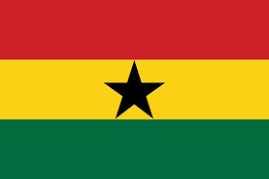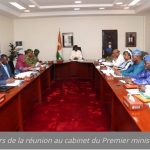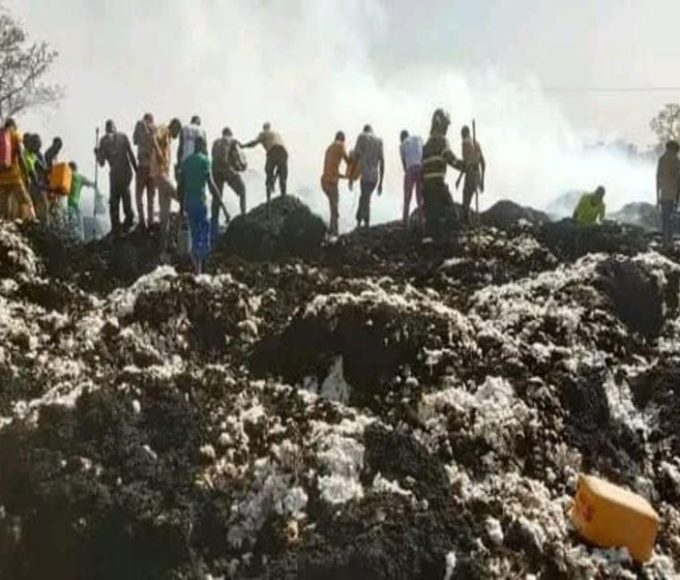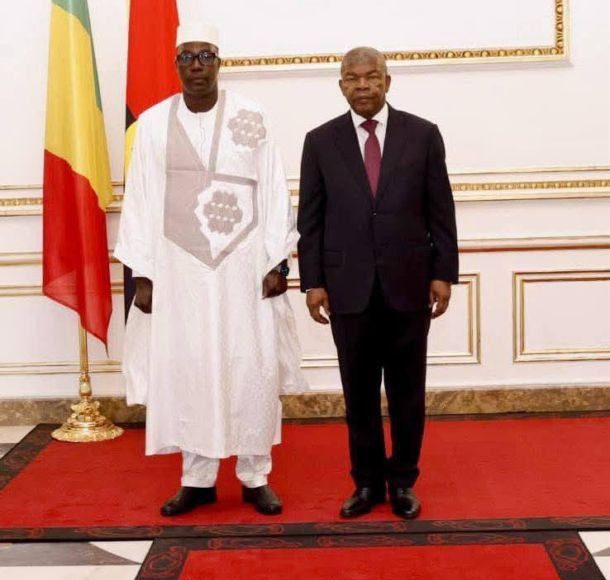
Ghana’s National Elections: Lessons for Nigeria and Others

If democracy were only about elections, the Ghanaians have given us a stellar example of it in sub-Saharan Africa. Like the United States, Ghana is considered a flawed democracy on The Economist’s Democracy Index. However, the quality of Ghana’s December 7, 2024, presidential and parliamentary elections, from the political candidates to the electoral population and their general conduct, is hardly matched by any recent elections in West Africa.
Admittedly, the democratic exercise was not without blotches and challenges, but it was excellent enough to inspire confidence and hope in the nation’s electoral process. From the moment the ballot was declared open to the later stages of the elections, young Ghanaians, who form the larger bulk of the voting population, turned out in large numbers and participated in all aspects of the elections. Several reports have declared high voter turnout across the 16 regions of Ghana, with a 73% averagevoter turnout, compared to 10% in Ivory Coast, 16% in Comoros, 26.72% in Nigeria, 38.66% in Benin, 39% in Madagascar, 43.79% in Cameroon, and 44.82% in Angola in the last five years.
The degree of popular interest in the Ghanaian elections was also instantiated by the resolve of young people to protect their ballots across the 276 constituencies and over 40,000 polling stations. Where overzealous supporters of one political party attempted to plunge the voting process into chaos to disfavour the other party, Ghanaian youth were quick to repel them and enforce deterrence. In the very few places where foully motivated thugs attempted to make a mess of the process or inflict harm on peaceful and affable voters, the police and other security agencies were swift to quell the disturbance without any excess use of force. Equally, where the military was deployed to a learning institution without reason, there was a fierce nationwide condemnation of the anomic affair, suggesting a shared sense of value and high standards of acceptable social conduct.
In the strongholds of the ruling party, the New Patriotic Party (NPP), such as the Eastern Region, the total ballot cast for the opposition party, the National Democratic Congress (NDC), increased to over 34%, just as the ballot for the NPP decreased to 64% from over 75% in the last two elections. Unlike in Nigeria, where convicted drug lords, degree fabricators, and idolised impostors are feted with cymbals and clarinets for battering their citizens and crippling democratic institutions, Ghana joins the ranks of Botswana, Namibia, and even Cape Verde in sub-Saharan Africa in conducting free, highly participatory, and reasonably contested elections.
Perhaps the single most instructive moment in the Ghanaian presidential election was the admission of defeat by the ruling party’s presidential candidate, the incumbent Vice-President, Dr Mahamudu Bawumia, who displayed a phenomenal personal example by congratulating his challenger, John Dramani Mahama, and publicly declaring his loss, even before the nation’s Electoral Commission (EC) had officially announced the results. This impeccable display of sportsmanship, placing the nation’s interest above the party’s, is closely rivalled by an earlier precedent by Carlos Veiga of the Movement for Democracy (MpD) in Cape Verde in 2021.
Although the Election Commission of Ghana has yet to officially declare the results of the election, which is a cause for concern and has quite contributed to post-election tension, the Ghanaian 2024 national elections must be regarded as a laudable democratic exercise that has produced several positive touchstones for democratic practice in sub-Saharan Africa, including the nation’s first female Vice-President, Professor Naana Opoku-Agyemang.
In the final analysis, we must continue to seek viable answers to our lingering questions on democratic practice, including whether the Ghanaian-Cape Verdean exception can be sustained and replicated across the rest of West Africa and sub-Saharan Africa in general.
Read More:
- Lagos Govt Suspends Red Line Train Operations Indefinitely, Cites Mechanical Issues
- Burkina Faso Appoints New Prime Minister, Unveils 24-Member Government
- Mali Issues Arrest Warrant For CEO Of Canadian Gold Company Barrick Gold Over Financial Violations
About The Author
Related Articles
Zimbabwe Rejects $350m US Health Deal Over Sovereignty Dispute
Zimbabwe has formally withdrawn from negotiations on a proposed $350 million health...
ByWest Africa WeeklyFebruary 25, 2026Niger’s President Outlines Vision for Strategic Partnership with China
Niger’s Head of State, General Abdourahmane Tiani, has articulated a renewed vision...
ByWest Africa WeeklyFebruary 25, 2026Fire Destroys 140 Tonnes of Cotton in Western Burkina Faso
A major fire has destroyed more than 140 tonnes of cotton in...
ByWest Africa WeeklyFebruary 25, 2026Mali’s New Ambassador to Angola Presents Credentials, Pledges Stronger Bilateral Ties
Diplomatic relations between Mali and Angola entered a new phase on February...
ByWest Africa WeeklyFebruary 25, 2026












Leave a comment